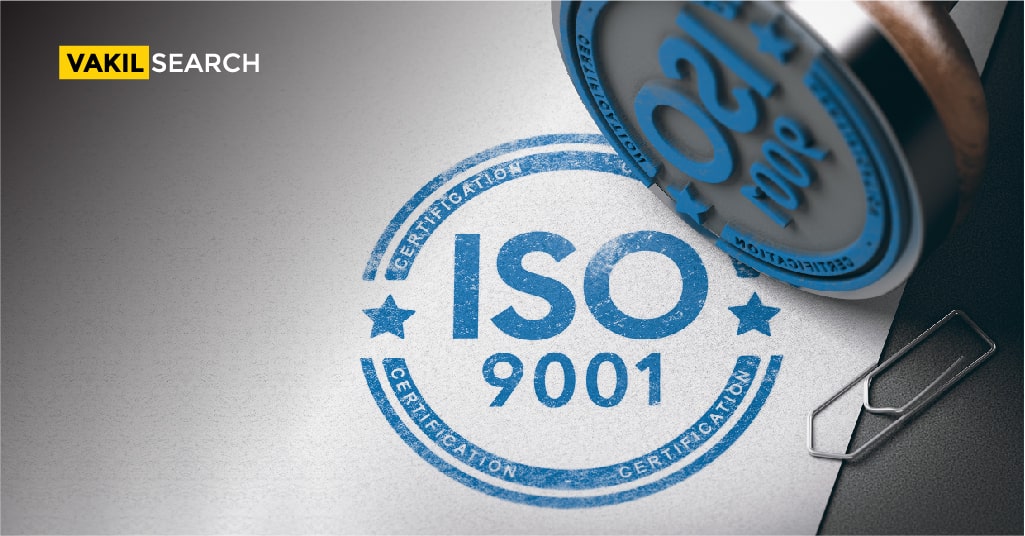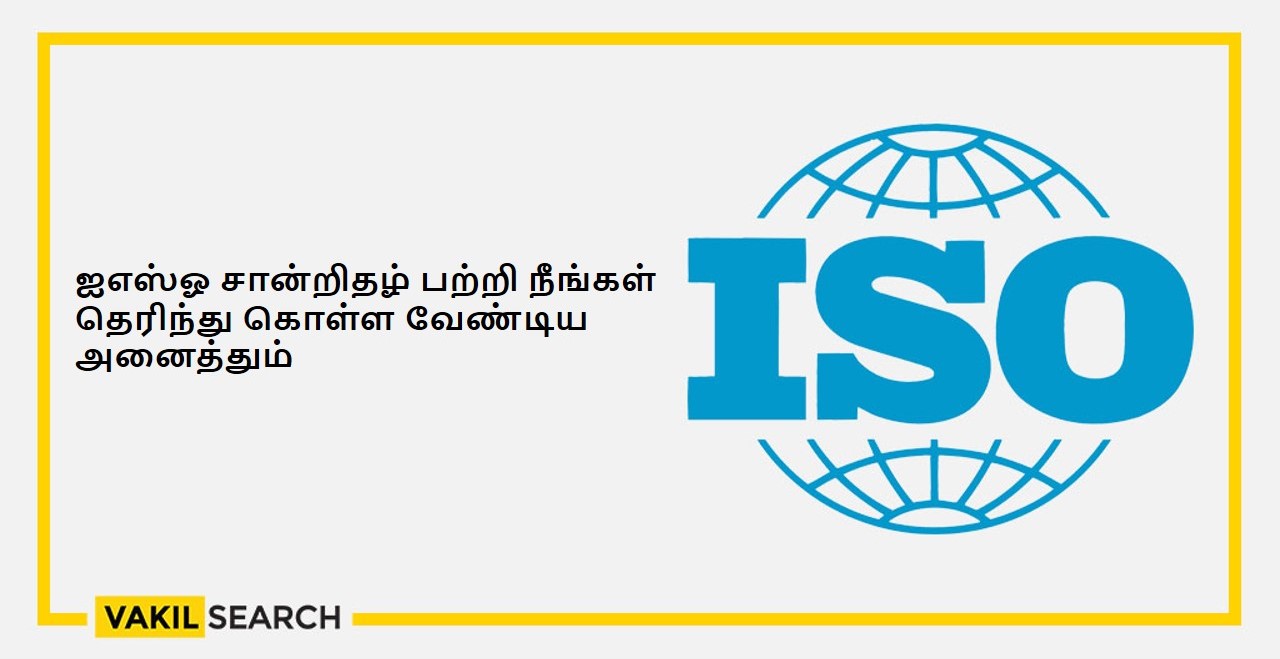In this article, we explore the ins and outs of ISO certification as well as the requirements to get one.
Decoding ISO Certification: A Definitive Guide to Quality Assurance
In a world where advertisements often tout products as the “best,” determining the actual quality of a business’s offerings can be challenging. Enter the International Organization for Standardization (ISO), a neutral third party established in February 1947 with the mission of creating international standards for quality. But what exactly is ISO certification, and why is it crucial for businesses?
Understanding ISO Certification: A Mark of Excellence
Any business operating in the 167 member nations can apply for ISO by meeting the specified standards. The most common certification sought is ISO 9001, a mark of quality assurance for processes or services. With over 24,261 standards covering various fields, ISO extend beyond manufacturing to areas like environmental management, information security, risk management, and more.
Types of ISO Certifications: Beyond ISO 9001
- ISO 14001 – Environmental Management: Essential for companies in environmental management.
- ISO 27001 – Information Security Management: Ensures products and services meet customer needs.
- ISO 31000 – Risk Management: Showcases a company’s ability to manage potential risks.
- ISO 22008 – Food Safety Management: For companies in the food sector.
- ISO 10002 – Complaint Management System
- ISO 26000 – Social Responsibility
- SA 8000 – Social Accountability
- ISO/IEC 17025 – Testing and Calibration Laboratories
- ISO 13485 – Medical Devices
- ISO 639 – Language Codes
Apply for the relevant certification depending on the nature of the business.
Choosing the Right ISO Certification Authorities
When it comes to ISO, selecting the appropriate certification authority is a pivotal step in the process. The International Organization for Standardization (ISO) itself does not issue certificates; instead, external authorities undertake this responsibility. The certification process involves a thorough inspection of the application and adherence to standard operating procedures to meet the formalities of ISO. Making the right choice in certification authority can significantly impact the certification process.
Here are key factors to consider:
- Authorisation of Certification Authorities
The initial step involves identifying agencies or organisations that are authorised to issue ISO. Ensure that the certification authority you choose has the necessary authorization to conduct ISO. This step establishes the legitimacy and credibility of the certification process.
- Adherence to CASCO Standards
The Committee on Conformity Assessment (CASCO) sets essential standards for conformity assessment bodies, outlining procedures and guidelines. It is imperative to verify whether the chosen certification authority strictly follows the procedures laid down by CASCO standards. Adherence to these standards ensures a systematic and reliable certification process.
- Accreditation of the Certifying Authority
Before finalizing your choice, thoroughly investigate whether the certifying authority is accredited. Accreditation serves as an official recognition of the authority’s competence and compliance with established standards. An accredited certification authority adds an extra layer of assurance to the credibility and reliability of the ISO certification.
| Making an informed decision in selecting the ISO certification authority is vital for a smooth and successful certification process. By prioritizing authorization, adherence to CASCO standards, and accreditation, businesses can navigate the certification journey with confidence and ensure that their commitment to international standards is duly recognized. |
Understanding the Cost of ISO Certification
While there is a cost associated with ISO certification, it varies based on several factors:
- Number of employees
- Level of risk associated with services
- Number of processes
- Complexity of the management system
- Number of working shifts
The 5 Steps of ISO Registration
- Choosing the right category of standards: Identify the standards relevant to your business.
- Identifying the right registrar: Select registrars based on their experience in specific fields.
- Preparing documentation: Submit the application form and quality documents.
- Follow-up: After submission, follow up on the verification process, which may take up to two weeks per document.
- ISO certificate issuance: Upon completion of verification, authorities will issue the ISO certificate.
Time Required for ISO Certification
– Small organizations: 6-8 months
– Medium-sized organizations: 8-12 months
– Large organizations: 12-15 months
Importance of ISO 9001 Certification
ISO 9001 accreditation involves a formal compliance examination and offers several benefits:
- Meets consumer expectations: Enhances consumer satisfaction and retention, especially in B2B transactions.
- Generates additional revenue: Attracts new customers and business opportunities.
- Improves overall quality: Enhances the quality level of the enterprise and its products.
- Enhances consumer satisfaction: Fulfills customer criteria and contributes to improved loyalty.
- Achieves international recognition: Positions the business in a specific subset, given ISO 9001’s worldwide acceptance.
Benefits of ISO Certification for Your Organization
- Identifies recurring problems: The certification process scrutinizes internal processes, identifying and rectifying issues.
- Enhances system efficiency: Streamlines business processes, improving overall efficiency and productivity.
- Improves brand value: Instills trust in consumers, leading to increased satisfaction and loyalty.
- Guarantees product or service quality: ISO is an international, neutral organization, offering a guarantee of product quality.
- Provides a competitive edge: ISO certification distinguishes businesses in a crowded market, building consumer confidence.
Conclusion
ISO certification goes beyond a mere mark of trust. It prompts businesses to refine their practices, enhancing efficiency and product quality. Achieving ISO becomes a mutually beneficial journey for both businesses and consumers.
For queries or guidance on ISO, reach out to our team of experts today. We’re here to ensure your certification journey is seamless and successful.









